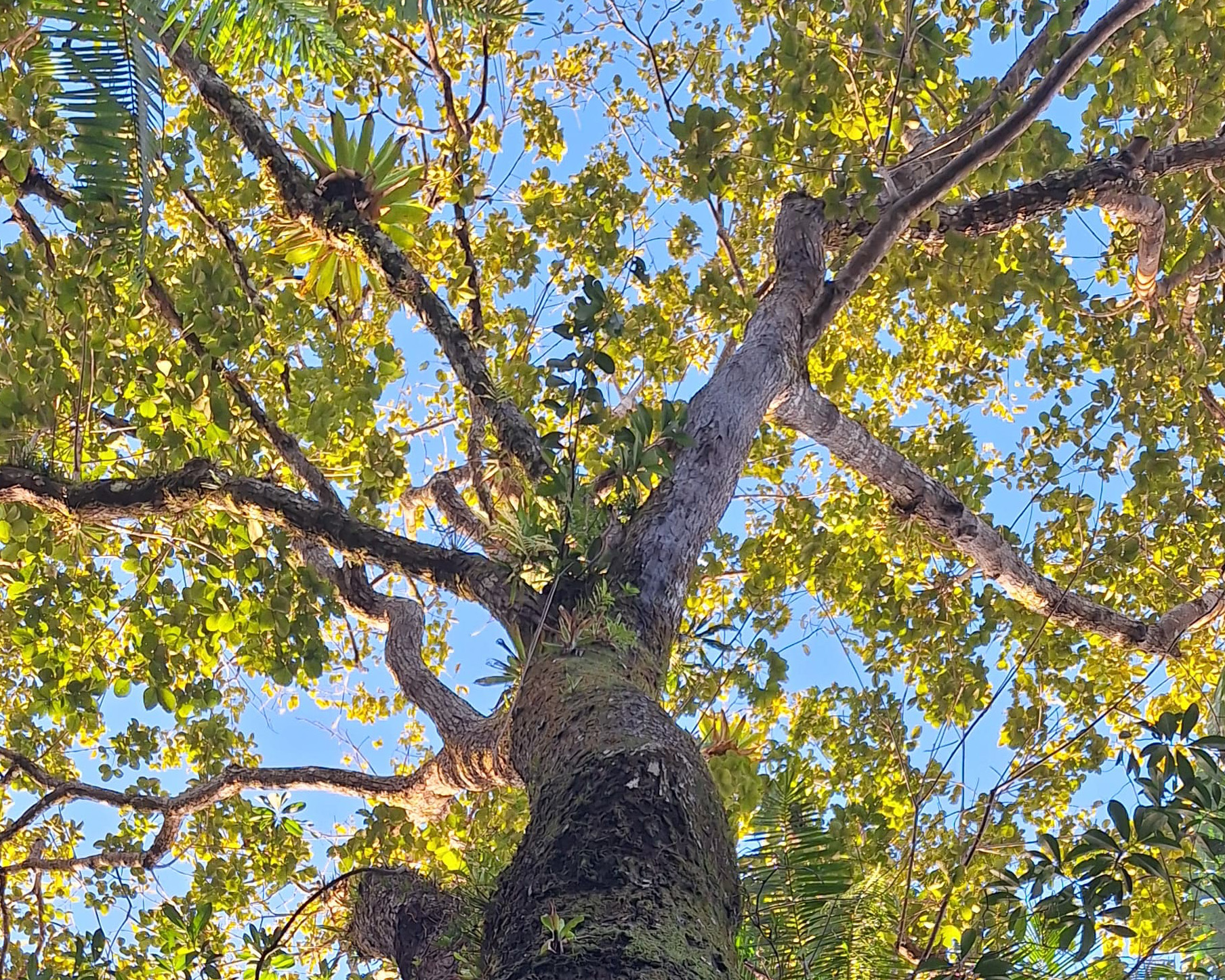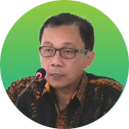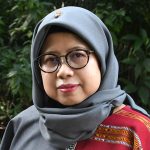Forest governance refers to the processes, mechanisms, rules, and institutions for deciding how forests are managed. In forest governance, there are three components or pillars involved: government institutions (central and regional), the private sector, and the wider community, all the components must be in a balanced, synergist, and have a mutually beneficial position.
In this decade, forest governance in Indonesia has been faced with a rapid macro policies changes at the global, national, and sub-national levels, so that an adaptive strategy in forest management is needed.
At the national level, in 2020 the Government of Indonesia issued the Law No. 11/2020 on Job Creation (Undang-undang Cipta Kerja-UUCK). UUCK is a new history in Indonesian legislation because it is formulated through the omnibus law method. The UUCK elaborated further through Government Regulation (Peraturan Pemerintah-PP) and Regulation of the Minister of Environment and Forestry (Kementerian Lingkungan Hidup dan Kehutanan-KLHK) as a guideline for implementing these new regulations. With the issuance of UUCK, PP and their derivative ministerial regulations, all forms of forest utilization can be done through social forestry and business license mechanism.
With the rapid changes in macro policy at the global and National level, an adaptive strategy is needed in Indonesian forest governance. Virtual talkshow entitled “Transformation of Forest Management Policies” aims to discuss the strategies of adaptive measures that can be taken in terms of the changes in macro policy at the global-national level.
This virtual talkshow is divided into two main topics; (i) Forest utilization in the era of Law of the Republic of Indonesia No. 11/2020 on Job Creation (Undang-undang Cipta Kerja-UUCK) and its impacts to the position of Forest Management Unit (FMU) and (ii) Potential investment on the forestry sector after the enactment of Law of the Republic of Indonesia No. 11/2020 on Job Creation (Undang-undang Cipta Kerja-UUCK).
This talk show also held for the launch of the book “Shining special light: Innovation and creativity of forest management managed by Forest Management Unit (FMU) Yogyakarta (Semburat cahaya istimewa: Inovasi dan kreasi pengelolaan hutan KPH Yogyakarta)”.
Publishing and launching this book is expected to be a medium for disseminating the governance models, sharing experience and challenges of forest management in FMU Yogyakarta, and be able to become the lessons learned for other FMUs throughout Indonesia and also make a real contribution for more effective and efficient realization of forest management activities.
Contact: Fitria (081228683031)
Related contents:
- Nurjaman, A. S. B., Adiwinata, A., and Maryudi, A (Eds). 2021. Shining special light: Innovation and creativity of forest management managed by Forest Management Unit (FMU) Yogyakarta (Semburat cahaya istimewa: Inovasi dan kreasi pengelolaan hutan KPH Yogyakarta). Faculty of Forestry, Gadjah Mada University, Yogyakarta.
- Maryudi, A., Nurjaman, A. S. B., and Nawir A. A. 2019. Booklet 1 FMU Yogyakarta: Developing a professional and independent model of forest management (KPH Yogyakarta: Membangun model pengelolaan hutan yang mandiri dan profesional). Gadjah Mada University and CIFOR (Centre for International Forestry Research), Yogyakarta and Bogor. Available on https://www.cifor.org/knowledge/publication/7379/. Article related to the booklet 1 is available on https://dlhk.jogjaprov.go.id/meningkatkan-efektivitas-model-tata-kelola-kelembagaan-dalam-mendorong-pengelolaan-hutan-lestari-studi-kasus-kesatuan-pengelolaan-hutan-kph-yogyakarta (Published date: 25 August 2020).
- Pratama, A. A., and Maryudi, A. 2019. Booklet 2 Walking to the right path: Institutional Relationship of Forest Management Unit (Meniti jalan terang: Hubungan kelembagaan Kesatuan Pengelolaan Hutan (KPH)). Gadjah Mada University and CIFOR, Yogyakarta and Bogor. Available on https://www.cifor.org/knowledge/publication/7380/. Article related to the booklet 2 is available on https://dlhk.jogjaprov.go.id/meniti-jalan-terang-hubungan-kelembagaan-kesatuan-pengelolaan-hutan-kph (Published date: 1 September 2020).
- Purwoharsono, Currasavica, F., and Kurniawan H. 2019. Booklet 3 Nature breeze: Community-based ecotourism initiated and implemented by the Forest Management Unit Yogyakarta (Harum semerbak alam: Ekowisata berbasis masyarakat di KPH Yogyakarta). Gadjah Mada University and CIFOR (Centre for International Forestry Research), Yogyakarta and Bogor. Available on https://www.cifor.org/knowledge/publication/7381. Article related to the booklet 3 is available on https://dlhk.jogjaprov.go.id/harum-semerbak-alam-ekowisata-berbasis-masyarakat-di-kph-yogyakarta (Published date: 15 September 2020).






























